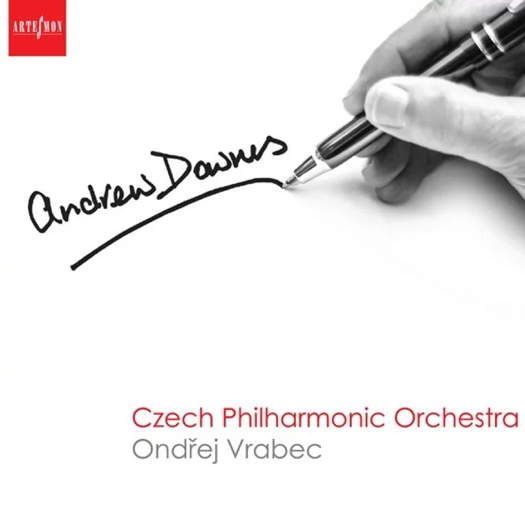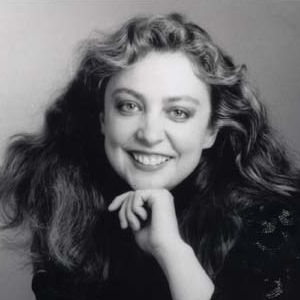 SPONSORED: CD Spotlight. On Buoyant Form - Orchestral music by Andrew Downes, heard by Roderic Dunnett.
SPONSORED: CD Spotlight. On Buoyant Form - Orchestral music by Andrew Downes, heard by Roderic Dunnett.
All sponsored features >>
Carlo Maria Giulini
The Italian conductor Carlo Maria Giulini, probably one of the greatest musicians of the 20th century, and considered the last of the great Romantic conductors, was born on 9 May 1914 at Barletta. He grew up in Bolzano, the son of a timber merchant, studying viola at the National Academy of Saint Cecilia in Rome, and playing in the Santa Cecilia Orchestra under conductors such as Mengelberg, Richard Strauss, Furtwängler and Bruno Walter.
He studied conducting with Bernadino Molinari, and made his conducting début in Rome in 1944, and followed de Sabata in his post at La Scala. He also held appointments with the Chicago Symphony, Vienna Symphony Orchestra and the LA Philharmonic.
Toscanini befriended the young Giulini and was a great support in the early years of Guilini's career. It was a career which was interrupted by World War II, in which he initially fought with the Italian army, but developed strong pacifist and anti-fascist feelings. He deserted, and went into hiding.
Giulini had a reputation as a mystic, with a conducting style that involved very little movement of anything except fingers and eyes, and rarely a raised voice in rehearsals.
Giulini died, aged 91, on 14 June 2005 in Brescia, Italy, where he had been admitted to hospital. He left many great recordings.
A selection of articles about Carlo Maria Giulini
Malcolm Smith (1932-2011) - A celebration, not an obituary, by Bill Newman
A Labour of Love - John Suchet's 'The Treasures of Beethoven', read by Howard Smith
Profile. Tête-à-Tête - Bill Newman talks to British pianist Mark Bebbington
A star is reborn - BBC Legends, passing its one hundredth release, is appreciated by John Bell Young


